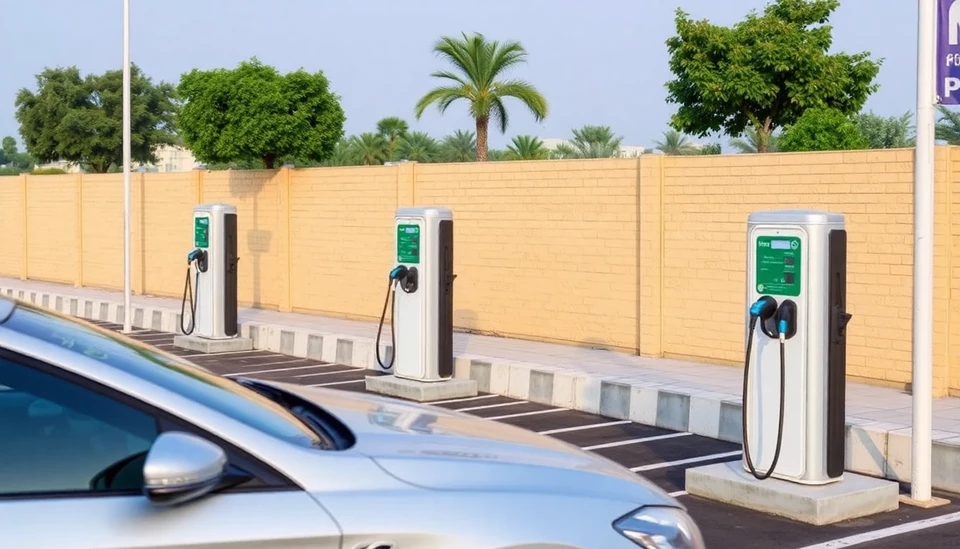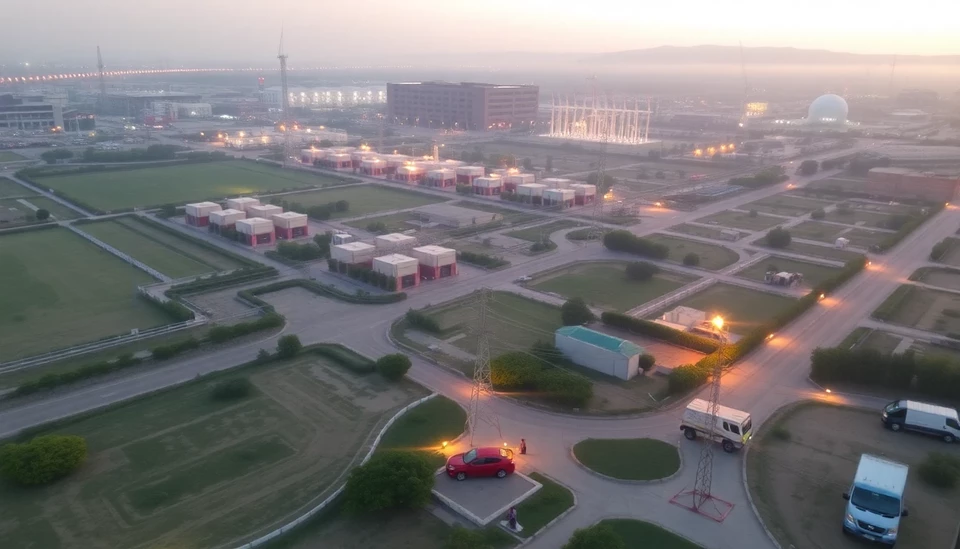
Pakistan has unveiled plans designed to significantly reduce electricity prices specifically for electric vehicle (EV) charging stations across the country. This initiative emerges as part of a broader strategy to navigate through an energy crisis while simultaneously promoting the adoption of electric vehicles. The government's aim is to foster an environment conducive to transitioning to more sustainable transport options.
The nation's energy sector has faced substantial challenges, including rising costs and environmental concerns. In response to these pressing issues, the Pakistani government is taking proactive steps to incentivize the growth of electric mobility, which aligns with global trends toward cleaner transportation. The proposed reduction in tariffs for electricity used at EV charging stations is seen as a pivotal step in boosting the usage of electric vehicles, addressing both the economic and environmental dimensions of the energy crisis.
Officials have noted that the current electricity pricing structure is a significant barrier to the widespread adoption of electric vehicles. By slashing these costs, the initiative hopes to create a more appealing infrastructure for users, thereby enticing more consumers and businesses to transition towards EVs. This not only promotes sustainable energy use but also positions Pakistan in a growing global market for electric vehicles.
The timing of this announcement comes on the heels of increasing interest in EVs around the world, spurred by advancements in technology and an urgent need to combat climate change. As countries worldwide strive to meet emissions targets, Pakistan recognizes the importance of joining this global movement by implementing policies that facilitate the shift from fossil fuel-based transportation.
Experts believe that reduced electricity rates for charging stations could lead to a significant uptick in EV adoption within the country, thus enhancing energy efficiency and reducing reliance on imported fuels. This initiative represents a notable intersection of economic, environmental, and technological shifts, illustrating how energy policy can echo broader governmental objectives.
Furthermore, this strategic policy may also attract foreign investments as companies look to capitalize on the expected growth in the EV market in Pakistan. The government is optimistic that these changes will not only benefit consumers but also stimulate job creation in the burgeoning electric vehicle and renewable energy sectors.
As the initiative gains momentum, it remains to be seen how quickly the reductions in electricity prices will be implemented and their ultimate effect on the landscape of electric vehicle adoption in Pakistan. Industry leaders and environmental advocates are hopeful that this will mark the beginning of a significant transformation in the country’s transportation sector, influencing other regions to consider similar measures to support a greener future.
#Pakistan #ElectricVehicles #EVcharging #sustainabletransport #energycrisis #renewableenergy #greenfuture
Author: John Harris




